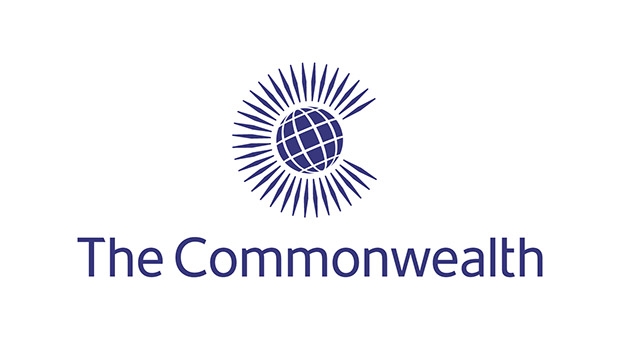Earlier this year, the Commonwealth launched its sixth Education Awards for Good Practice. The awards recognise educators and projects, which have made a positive impact on students, teachers or the national education system.
The deadline for the awards is the end of August, and anyone who fits the criteria set out below and who lives in one of the Commonwealth’s 54 member countries, including Cyprus and Britain, can apply.
The two top winners will be invited to Kenya in 2021 to receive their awards and showcase their work at the Commonwealth Conference of Education Ministers. Their work will be profiled across the Commonwealth, which is home to 2.4 billion people.
Set up in 2006, the Commonwealth education awards celebrates exceptional education institutions, teachers and school leaders leading innovative learning and teaching projects.
The awards are seeking a “teacher or school leader who has shown outstanding leadership or contribution to improving teaching and learning”, alongside “a public or private organisation, including ministries, education bodies and non-profits, whose learning project has made a positive impact on learners.”
One of the last winners was the Dhaka Ahsania Mission in Bangladesh. The organisation provides education to over 60,000 children from poorer backgrounds in non-formal schools. Many of their pupils had previously dropped out or had never attended school.
There are six awards categories and applicants can enter as many categories as they wish:
- Rethinking education for innovation
- Rethinking education for work
- Rethinking education sustainability
- Education as pathways to peace
- Education for inclusion
- Commonwealth outstanding teacher or school leader
A pan-Commonwealth panel will judge the entries. Two winners for an outstanding educator and an innovative project will be shortlisted across the six categories.
Entries will be scored on their:
- relevance to the local context
- measurable impact
- sustainability and innovation
- efficiency and effectiveness
- community involvement
- ability to be replicated.
This year, the awards focus on seeking entries that have worked towards addressing barriers to providing quality education for all, including marginalised groups. The work or project should have been running for at least 12 months.
Entries must be received by 6pm GMT on 31 August 2020.
Click here for further information and to apply.




